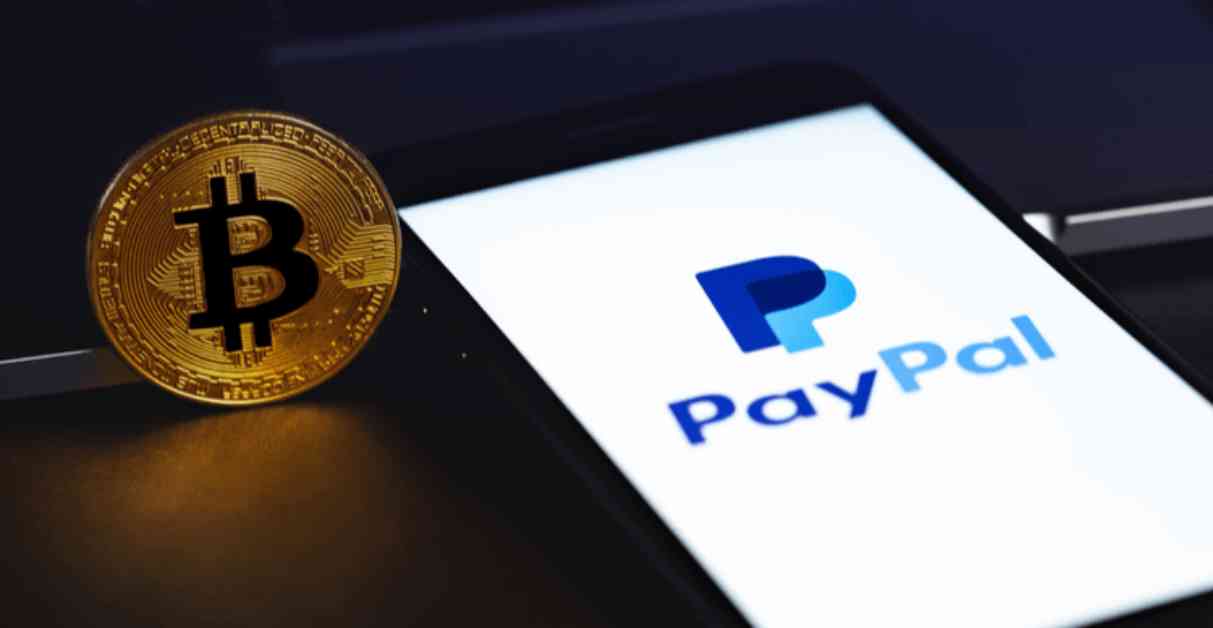PayPal, a leading online payment platform, has recently announced a major expansion of its cryptocurrency services. Now, US business accounts can buy, hold, and sell cryptocurrencies directly from their merchant accounts. This move comes in response to increasing demand from business owners who want to access the same cryptocurrency capabilities that consumers have enjoyed since 2020.
Jose Fernandez da Ponte, senior vice president of blockchain, cryptocurrency, and digital currencies at PayPal, expressed the company’s commitment to meeting the needs of business owners. He stated, “Business owners have increasingly expressed a desire for the same cryptocurrency capabilities available to consumers.” By enabling access to cryptocurrencies for merchants, PayPal aims to empower business owners to tap into and benefit from digital currencies.
In addition to buying, holding, and selling cryptocurrencies, PayPal also plans to enable on-chain crypto transfers for US merchants. This means that business accounts will be able to send and receive supported tokens. This move signifies PayPal’s continued efforts to expand its presence in the digital assets and blockchain space.
However, it’s important to note that the cryptocurrency service will not be available to business account holders in New York state. Despite holding the BitLicense and trust license from the New York Department of Financial Services, PayPal has decided to exclude New York state from this particular service. This decision may be subject to change in the future as regulations evolve.
PayPal’s expansion into the cryptocurrency space began in 2020 when it first introduced support for buying, holding, and selling cryptocurrencies to retail users. This move was met with positive feedback, leading to the recent announcement of extending these services to business accounts. Additionally, PayPal launched its own stablecoin, the PayPal USD (PYUSD), in 2023, further solidifying its commitment to digital assets.
Recent integrations with Ethereum Name Service (ENS) on both PayPal and Venmo platforms have also enhanced the user experience for crypto transactions. The integration of ENS domain names allows for more streamlined and user-friendly interactions with cryptocurrencies. Furthermore, the expansion of PYUSD to Solana and availability to Xoom users demonstrates PayPal’s dedication to offering a diverse range of cryptocurrency services.
In conclusion, PayPal’s decision to allow US business accounts to buy, hold, and sell cryptocurrencies directly from their merchant accounts marks a significant step in the company’s journey into the digital assets and blockchain space. By listening to the needs of business owners and expanding its services accordingly, PayPal continues to position itself as a leader in the evolving landscape of digital currencies.

















